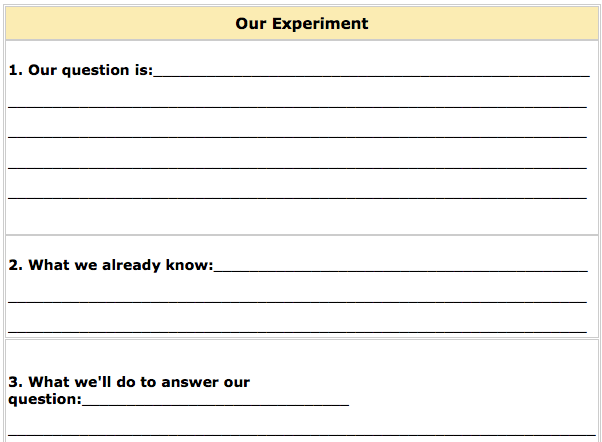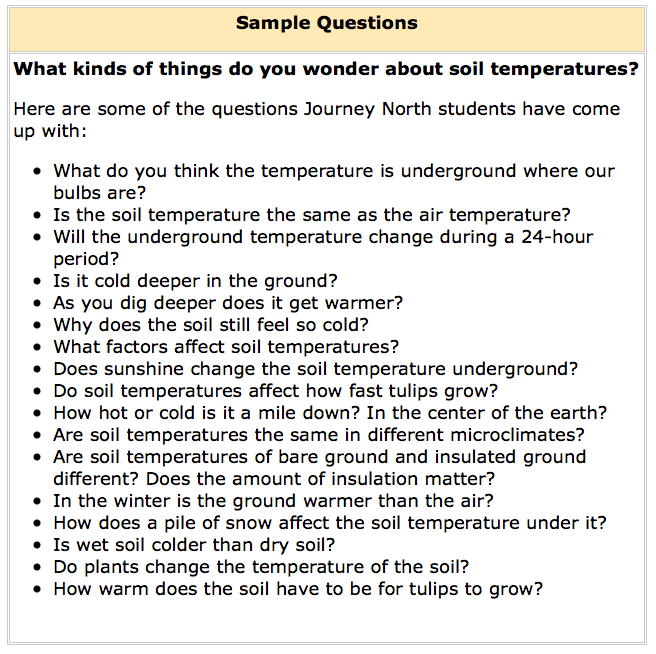After planting your official test garden, explore how soil temperatures could affect plant growth by asking questions, making hypotheses, and planning investigations in which you collect and analyze soil data.
Sunny or shady? Wet or dry? Windy or calm? Plants respond to the climate where they are growing. Microclimate refers to the climate conditions of a small, specific place, where conditions may differ from those of the larger surrounding space. Explore conditions that create microclimates. Try the Microclimate Challenge: Plant tulip bulbs in microclimates with contrasting conditions to discover how climate affects plant growth.
Citizen Science
Tracking Monarch Butterfly Migration
Driving Question: What variables might affect how tulips grow?
After planting your official test garden according to planting instructions, explore how different variables might affect plants by asking "What if..." questions. Then try planting an experimental garden.
Hurricane Stories
How Do Hurricanes Affect Monarchs?
Over the years — from Hurricane Floyd in 1999 to Hurricane Harvey in 2017 — people have contributed examples of how extreme storms can affect monarchs during their fall migration.
Most Ruby-throated Hummingbirds winter between southern Mexico and northern Panama. The first spring migrants arrive in the U.S. Gulf States. What routes do they take? If they fly over the Gulf, how do they survive a 500-mile flight with no food or rest? When do the first ruby-throats reach their breeding grounds? What habitat conditions do these tiny birds need when they arrive?
You have already examined your tulip bulb; weighed, measured, and cut it open. Now learn more about each part of the bulb. Use this step by step slideshow to learn how each part has a unique function for this plant storage structure.


